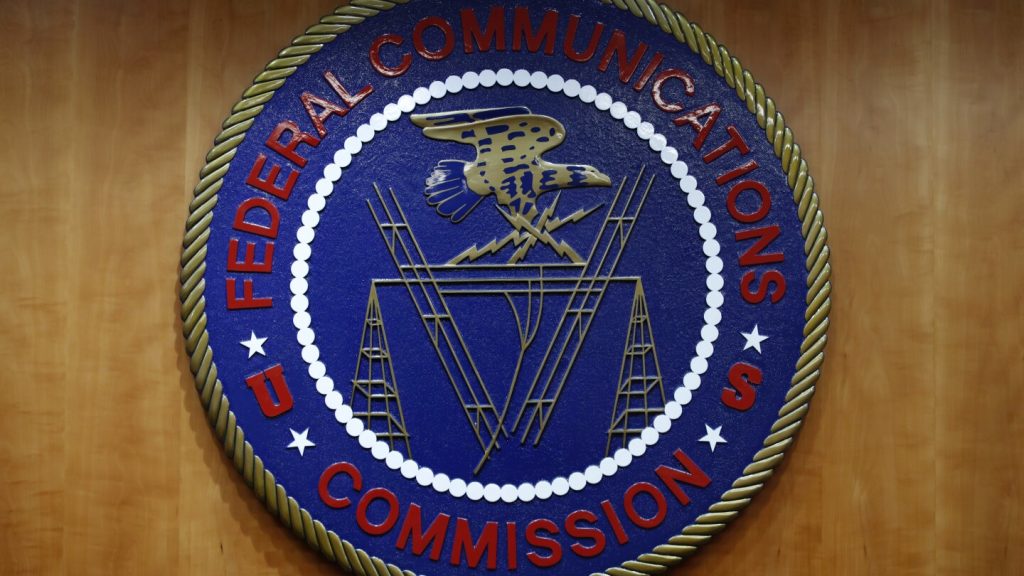The Federal Trade Commission has voted to restore net neutrality rules that prevent broadband internet providers from favoring certain sites and apps over others. This move effectively reinstates a net neutrality order that was first issued in 2015 during the Obama administration. The rules require providers to treat all internet traffic equally, eliminating any incentive they might have to favor business partners or hinder competitors. The measure passed on a 3-2 vote split along party lines, with Democratic commissioners in favor and Republicans opposed.
FCC Chairwoman Jessica Rosenworcel emphasized the importance of broadband as a necessity in our post-pandemic world. While it has been almost seven years since the previous net neutrality rules were revoked, their reinstatement is not expected to significantly change users’ online experience. This is attributed to the fact that several states had implemented their own net neutrality measures prior to 2015, which remained in force after the FCC reversed course in 2017. States like California, Colorado, Maine, Oregon, Vermont, and Washington have strong net neutrality rules that go beyond what the FCC had in place.
One key aspect of net neutrality rules is the prohibition of practices like throttling or blocking certain sites or apps, as well as reserving higher speeds for services or customers who are willing to pay more. States with strong net neutrality rules have also taken additional steps, such as banning practices like “zero rating” where mobile providers strike deals to direct users to specific services by eliminating data charges. Despite opposition from the telecommunications industry, which views federal net neutrality rules as unnecessary government interference in business decisions, the reinstatement of these rules is seen as a positive step to ensure a level playing field for all internet users.
The restoration of net neutrality rules reflects a shift towards prioritizing consumer rights and fair competition in the digital landscape. By preventing broadband providers from manipulating internet traffic to benefit certain sites or services, these rules aim to promote innovation and equal access to information online. With the ongoing evolution of technology and increasing reliance on the internet for various aspects of daily life, ensuring that all users have unrestricted access to content and services is vital to maintaining a free and open internet.
Moving forward, the enforcement of net neutrality rules will likely continue to be a point of contention between policymakers, internet providers, and consumer advocacy groups. The debate over the regulation of broadband services and the balance between industry autonomy and consumer protection is ongoing, with stakeholders on all sides advocating for their respective interests. As technology continues to advance and shape our digital experiences, the importance of establishing clear guidelines to safeguard net neutrality principles remains a critical aspect of ensuring a fair and open internet ecosystem for all users.


